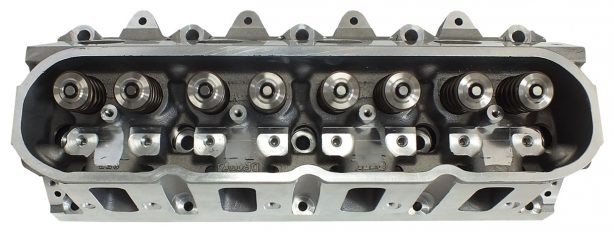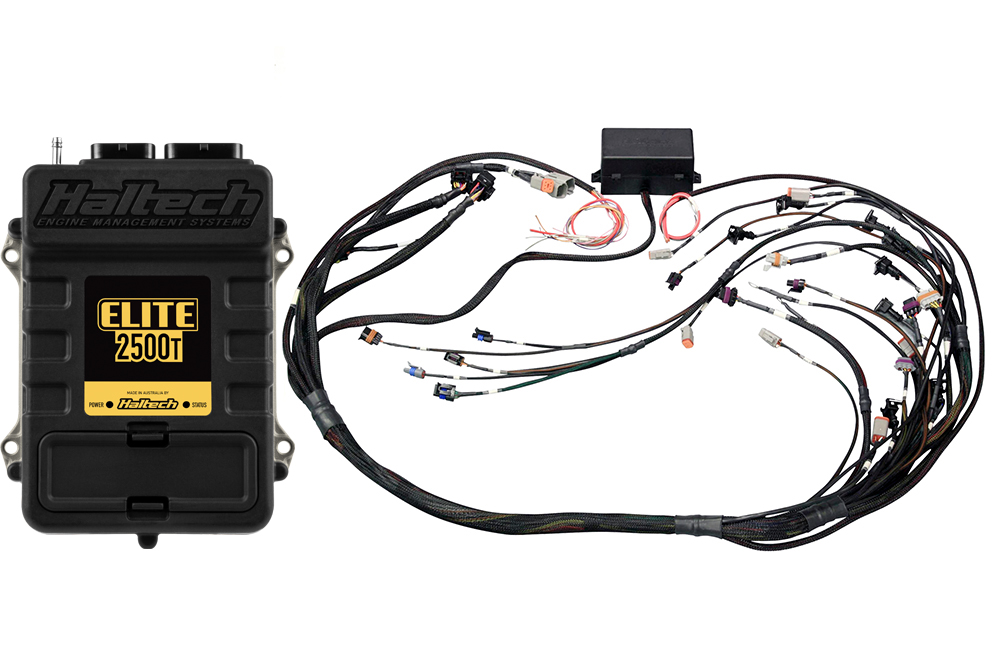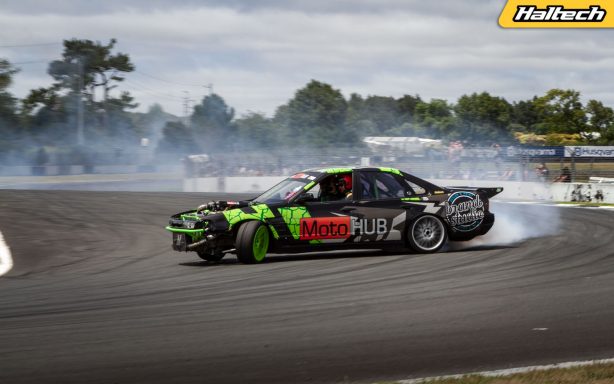What’s so special about the LS?
The History




Engine Overview






Should you get one?
Which variant should you use?
Things to look out for when buying your LS engine
Tuning Options






Gen III (LS1/LS6)
Elite 950 + GM GEN III LS1 & LS6 (non DBW)Terminated Harness Kit
Injector Connector: Bosch EV1
Part Number: HT-150721
Elite 2000 + GM GEN III LS1 & LS6 (non DBW) Terminated Harness Kit
Injector Connector: Bosch EV1 (as per factory)
Part Number: HT-151260
Elite 2500 + GM GEN III LS1 & LS6 (non DBW) Terminated Harness Kit
Injector Connector: Bosch EV1 (as per factory)
Part Number: HT-151360
Elite 2500 + GM GEN III LS1 & LS6 (DBW Retrofit Ready) Terminated Harness Kit
Injector Connector: Bosch EV1 (as per factory)
Part Number: HT-151362
Elite 2500 T + GM GEN III LS1 & LS6 (non DBW) Terminated Harness Kit
Injector Connector: Bosch EV1 (as per factory)
Part Number: HT-151333
Elite 2500 T + GM GEN III LS1 & LS6 (DBW Retrofit Ready) Terminated Harness Kit
Injector Connector: Bosch EV1 (as per factory)
Part Number: HT-151334
Gen IV (LS2/LS3)
Elite 950 + GM GEN IV LS2/LS3 (non DBW) Terminated Harness Kit
Injector Connector: Bosch EV1
Part Number: HT-150722
Elite 2000 + GM GEN IV LS2/LS3 (non DBW) Terminated Harness Kit
Injector Connector: Bosch EV1
Part Number: HT-151264
Elite 2000 + GM GEN IV LS2/LS3 (non DBW) Terminated Harness Kit
Injector Connector: Bosch EV6 (as per factory)
Part Number: HT-151265
Elite 2500 + GM GEN IV LS2/LS3 (non DBW) Terminated Harness Kit
Injector Connector: Bosch EV1
Part Number: HT-151364
Elite 2500 + GM GEN IV LS2/LS3 (non DBW) Terminated Harness Kit
Injector Connector: Bosch EV6 (as per factory)
Part Number: HT-151365
Elite 2500 + GM GEN IV LS2/LS3 (DBW Ready) Terminated Harness Kit
Injector Connector: Bosch EV6 (as per factory)
Part Number: HT-151367
Elite 2500 + GM GEN IV LS2/LS3 (DBW Ready) Terminated Harness Kit
Injector Connector: Bosch EV1
Part Number: HT-151366
Elite 2500 T + GM GEN IV LS2/LS3 (non DBW) Terminated Harness Kit
Injector Connector: Bosch EV6 (as per factory)
Part Number: HT-151336
Elite 2500 T + GM GEN IV LS2/LS3 (DBW Ready) Terminated Harness Kit
Injector Connector: Bosch EV6 (as per factory)
Part Number: HT-151338
Elite 2500 T + GM GEN IV LS2/LS3 (non DBW) Terminated Harness Kit
Injector Connector: Bosch EV1
Part Number: HT-151335
Elite 2500 T + GM GEN IV LS2/LS3 (DBW Ready) Terminated Harness Kit
Injector Connector: Bosch EV1
Part Number: HT-151337
Related Articles
What’s So Special About Honda’s K-series
Honda’s contribution to motorsport and the JDM performance scene is unquestionable and today we’re going to take a closer look at what is arguably the most popular “modified” Honda engine – the K-series. Once upon a time in Japan…. Let’s start with a ...What’s so special about Mitsubishi 4G63
Manufacturing everything from air conditioners, forklift trucks, hydraulic equipment, power generators, printing machines, ships, aircraft, and even railway systems, Mitsubishi shied away from mainstream motorsport until the 1960s. But it was in the ...How to wire GM’s LS using Haltech’s Terminated Harness
Introducing Haltech's Terminated Harness for General Motors LS series engines GM’s LSs are some of the most popular engines on the planet. They are super strong, reliable and relatively inexpensive to buy and service. Add to it an almost infinite ...Honda / Acura B Series Engine
The B-Series engine was offered in Integras, Civics, Preludes, Accords, CRXs, Del Sols and CRVs. This engine had 28 different engine codes. The letter B is normally followed by two numbers to designate the displacement of the engine, another letter, ...What’s so special about RBs?
Nissan’s RB engine has long been a favourite of tuners and car enthusiasts around the world. But why? What makes this particular engine the favourite of so many? The modern RB history story started with the launch of Nissan Skyline R32 GT-R in August ...